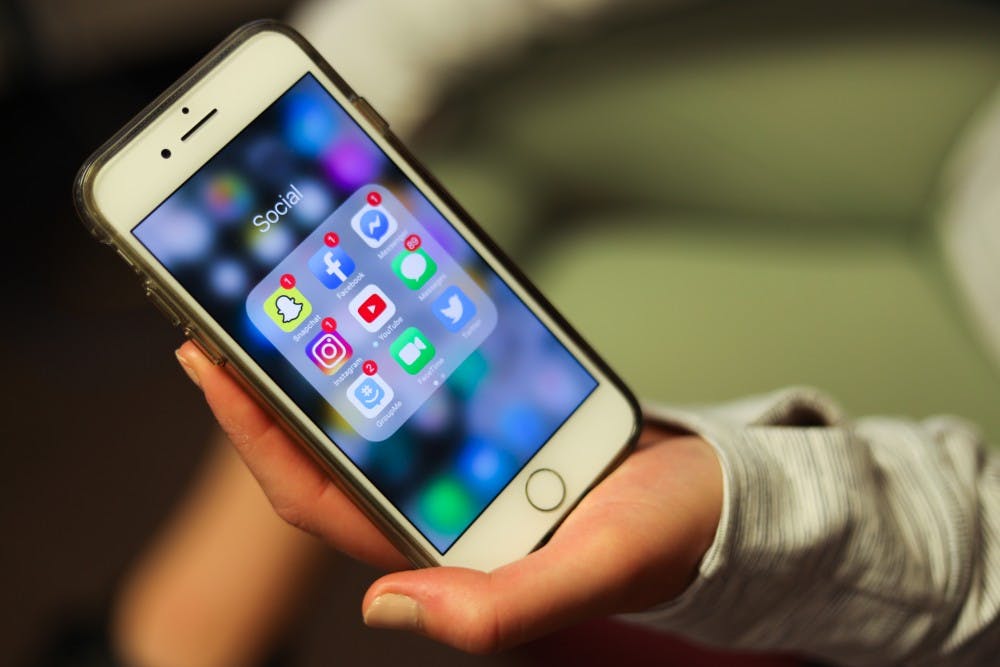
Many academics use Twitter to spread their ideas and promote discussion. However, a new Penn study found female researchers in health services and health policy appeared to be less influential than their male counterparts on the platform, which could reinforce gender biases in the field.
The study, conducted by researchers from Penn's Leonard Davis Institute of Health Economics, found that female health services and health policy researchers tended to have fewer followers, likes, and retweets than their male counterparts — despite being equally active on Twitter.
Published this week in JAMA Internal Medicine, it is the first study to look at gender differences in Twitter's academic medicine community.
The researchers, led by LDI Executive Director Rachel Werner and Senior Fellows Jane Zhu and Raina Merchant, studied 3,148 researchers who presented at AcademyHealth’s 2018 Annual Research Meeting, the largest health services research conference in the United States.
About one-third of the researchers of either gender were active on Twitter, and men and women had similar metrics in terms of number of tweets per year and number of people followed. However, women had half as many followers than men on average, and they received substantially fewer likes and retweets each year.
This disparity is a microcosm of the gender inequality that plagues academic medicine in general. Female medical researchers report biases and discrimination offline, ranging from subtle messages to sexual harassment. They are also less likely to find mentors, author research, speak at national conferences, or hold leadership positions. Many fear that Twitter, which helps researchers circulate their ideas, could reinforce these biases by disproportionately benefiting male researchers.
Despite this, the authors found evidence that these trends may be improving. The most dramatic differences between male and female Twitter influence were found among those with full professorships, but the gender gap was smaller for assistant professors just beginning their careers.
The Daily Pennsylvanian is an independent, student-run newspaper. Please consider making a donation to support the coverage that shapes the University. Your generosity ensures a future of strong journalism at Penn.
Donate



